Spend $750,000 to Become the President’s Neighbor: Two Middle-Aged Men’s Get-Rich Plan in Trump Tower
During the Trump era in the United States, the best business was not running a business itself, but being the connector for all businesses.
Original Title: "From Tenant to Broker: The Crypto Business Story Inside Trump Tower"
Original Author: David, Deep Tide TechFlow
In January 2025, Trump returns to the White House. Among the executive orders he signs, one stands out: allowing 401(k) retirement funds to invest in cryptocurrencies.
A month after the policy announcement, a company called American Bitcoin goes public on Nasdaq. This company, claiming to become "the world's largest Bitcoin mining enterprise," counts Trump's two sons, Eric Trump and Donald Trump Jr., among its major shareholders.
Connecting these events is a company few have heard of: Dominari Holdings.
After getting involved with the Trump family and the crypto narrative, its stock price soared from $1.09 at the beginning of the year to $6.09, an increase of over 450%.
The transformation of this company was so dramatic that many forgot that just four years ago, it was a pharmaceutical company suffering annual losses.
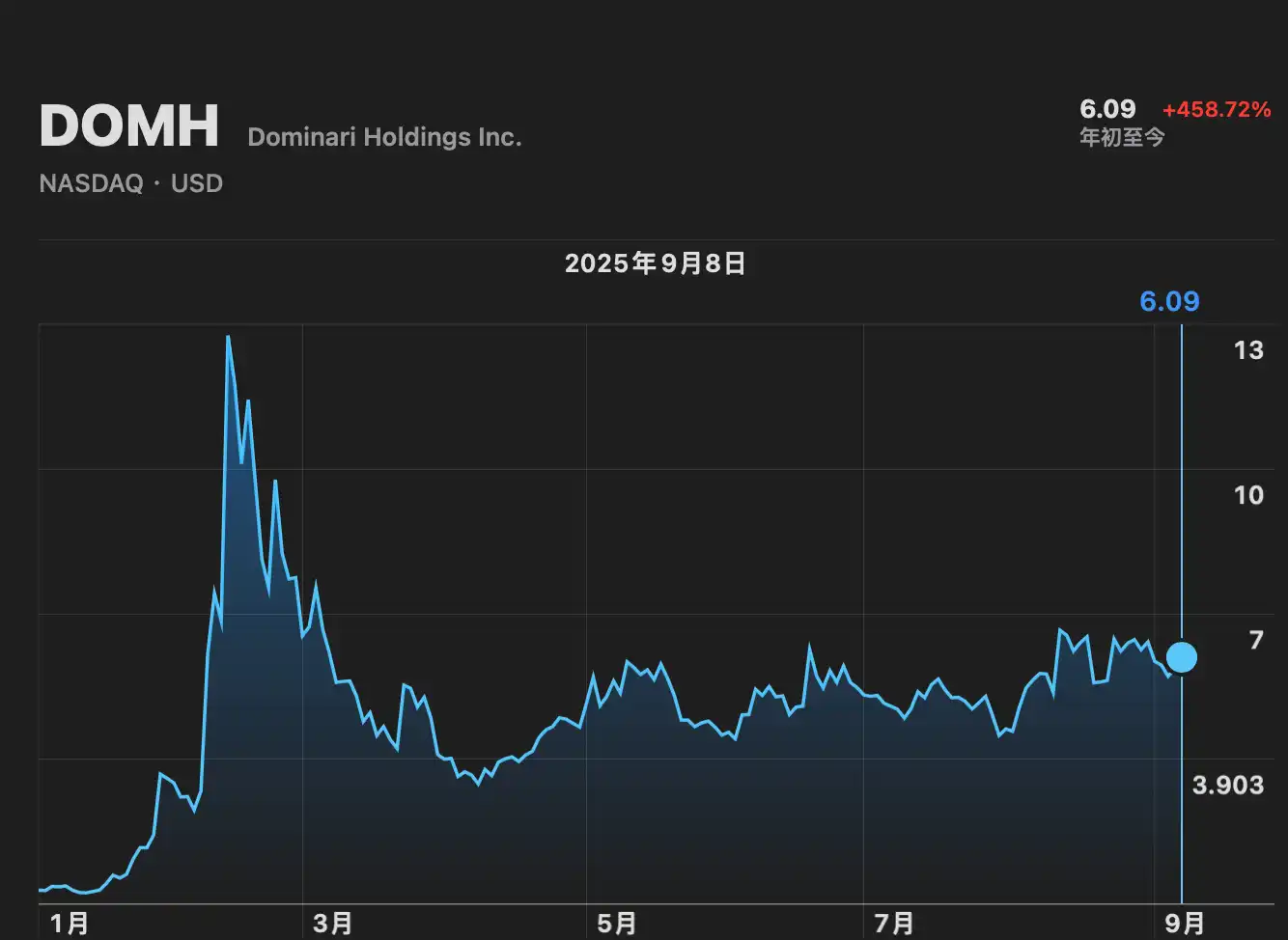
This is a story about how $750,000 in annual rent leveraged tens of millions of dollars in business. The protagonists are not crypto moguls or Wall Street giants, but two shrewd middle-aged men: Anthony Hayes, a lawyer by training, and Wall Street veteran Kyle Wool.
Their secret to wealth is simple: move into Trump Tower and become neighbors with Trump's sons.
An Expensive Decision
In 2021, Anthony Hayes was facing a mess.
When he took over, the company was not yet called Dominari Holdings, but AIkido Pharma, a biopharmaceutical company. Like many similar companies, it had spent years burning cash on new drug development without bringing any products to market. According to SEC filings, by the end of 2023, the company had accumulated over $223 million in debt. The stock price hovered around $1 for a long time.
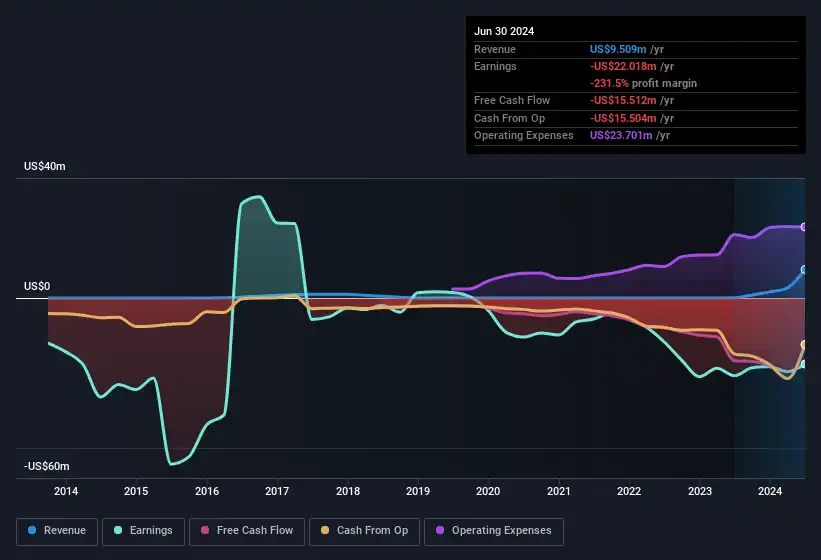
(Image source: NasdaqCM:DOMH Earnings and Revenue History August 12th 2024)
Hayes was not a pharmaceutical expert; he was a lawyer, once a partner at a top 100 US law firm, and later founded a company specializing in intellectual property transactions. After taking over AIkido, he made two decisions:
First, abandon the pharmaceutical business; second, move the company into Trump Tower.
For this, he brought in Kyle Wool. Wool had spent over 20 years on Wall Street, with an impressive resume: former Executive Director at Morgan Stanley, Managing Director at Oppenheimer, and head of Asian wealth management. He was also a regular guest on Fox Business, especially on Maria Bartiromo's morning show.
What does moving into Trump Tower mean?
According to the company's annual report, rent expenses soared from $140,000 in 2022 to $773,000 in 2023. At the time, the company had just over 20 employees. By Manhattan standards, this amount could rent an entire floor of a Grade A office building.
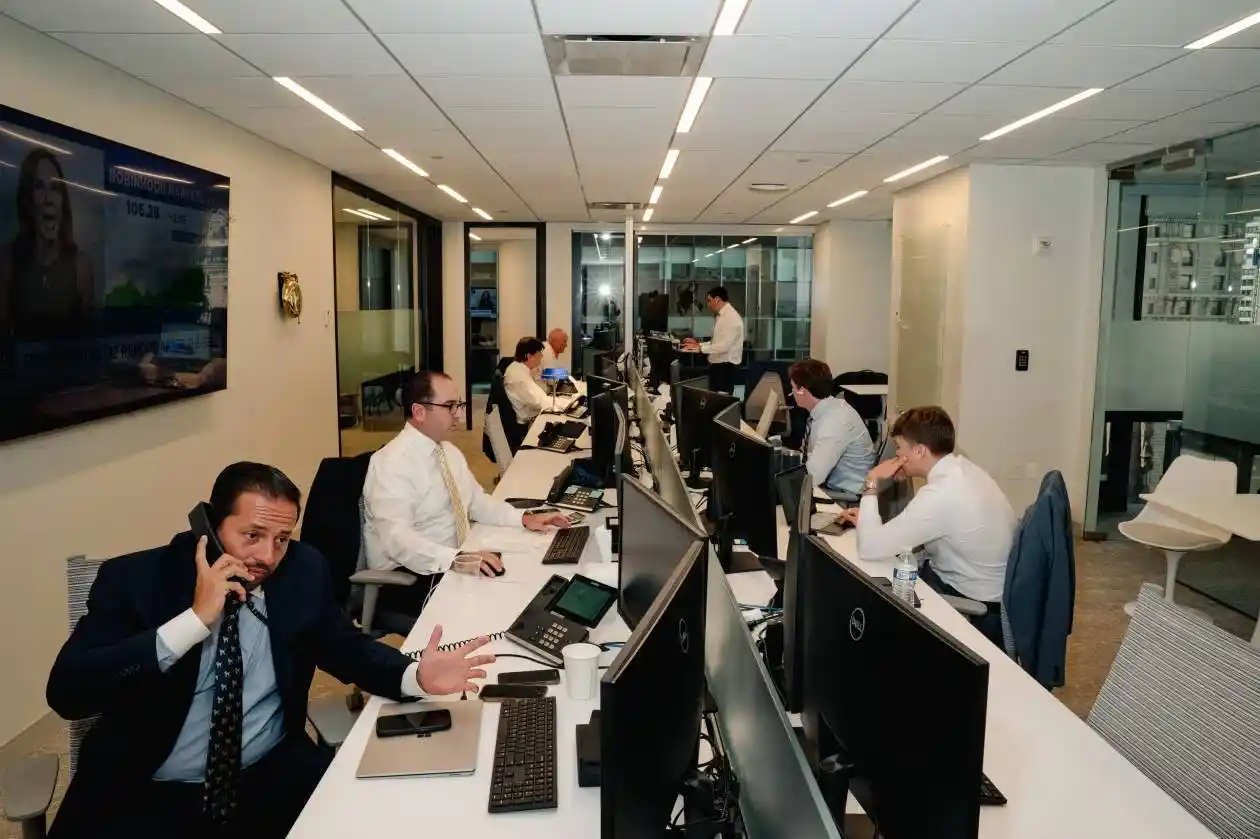
More crucially, the company was still losing money. In the first half of 2025 alone, it lost $14.8 million. Spending so much on office rent seemed completely unreasonable.
But Hayes and Wool were not after the office environment. Trump's two sons, Eric and Donald Jr., had offices upstairs. With just an elevator ride, they could "bump into" each other, or share a table at dinners with mutual friends.
Inside Trump Tower, they might have a chance to become part of the Trump business ecosystem.
Business Upstairs and Downstairs
Building relationships takes time and skill.
According to The Wall Street Journal, after moving into Trump Tower, Hayes and Wool began a long "social investment." Golf tournaments, charity dinners, private gatherings—any occasion where they could "naturally" encounter Trump's sons was not to be missed.
This investment bore fruit in February 2025. Dominari announced that Donald Trump Jr. and Eric Trump had joined the company's advisory board. Also joining were three senior executives from the Trump Organization.
The brothers' involvement was not merely symbolic. Each invested $1 million through private placements to purchase about 216,000 shares, and each received an additional 750,000 shares as compensation for serving as advisors. After the news broke, Dominari's stock price soared from $1.09 to $13, a peak increase of over 1,200%.
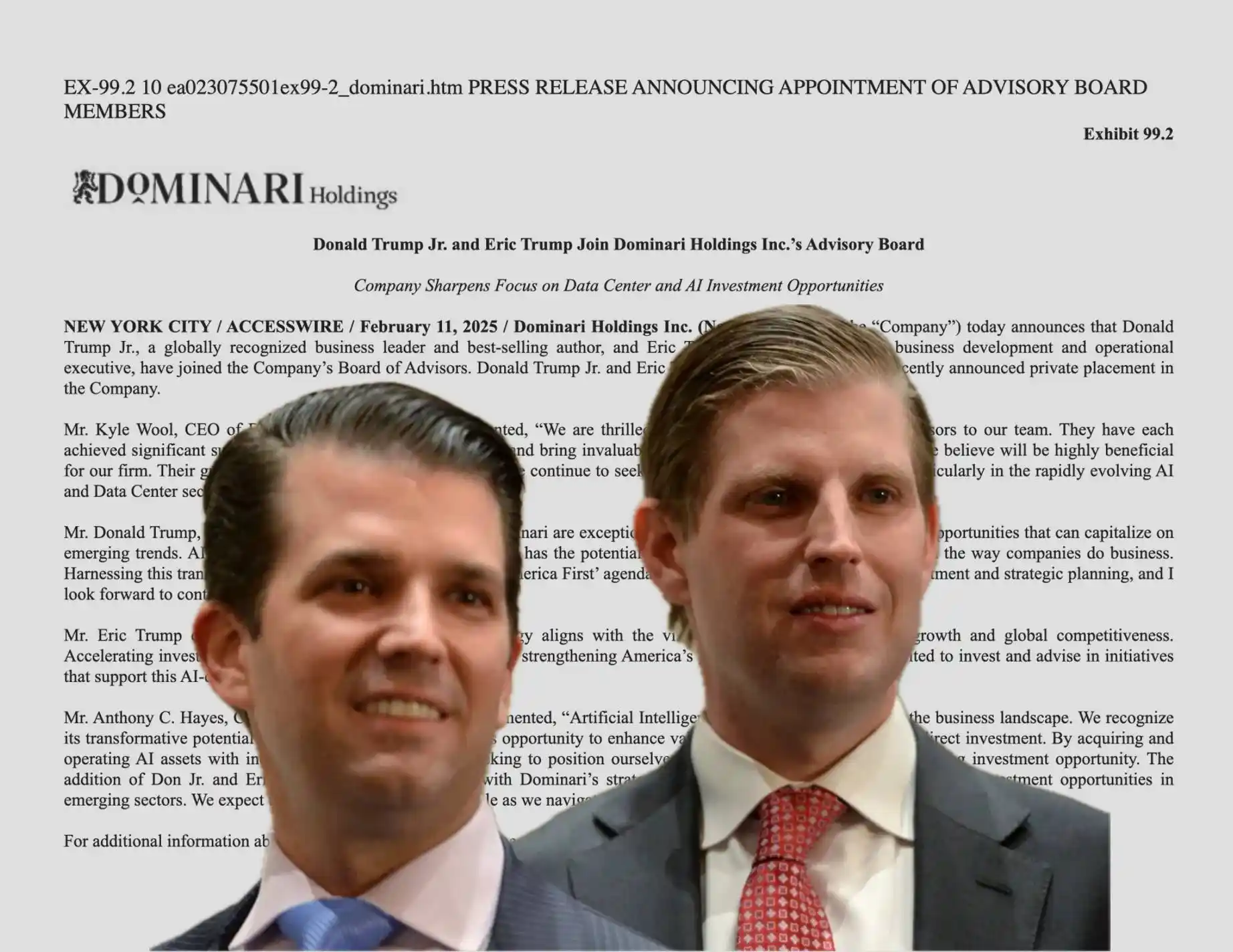
Even after a subsequent pullback, the brothers' investments multiplied several times. According to Bloomberg data, Eric Trump currently holds about 6.3% of the shares, worth over $5 million.
But this was just the beginning. On March 31, Dominari announced a partnership with Canadian-listed company Hut 8 to establish American Bitcoin. The positioning of this company is interesting: not just mining Bitcoin, but also waving the "Made in America" banner, aligning with Trump's "America First" policy.
In this deal, Hut 8 contributed $115 million worth of mining equipment and took 80% of the shares. Dominari only took 3%. The proportion seems small, but by the end of June, this 3% was already worth $32 million, becoming one of Dominari's most important assets.
More importantly, through this platform, the Trump family officially entered the Bitcoin mining industry. Eric Trump personally holds an additional 9% stake in American Bitcoin.
On August 27, Dominari established a cryptocurrency advisory board, hiring two heavyweight figures:
Former BitPay executive Sonny Singh, who helped BitPay obtain a New York crypto license and launched the first batch of crypto debit cards; the other is DeFi developer Tristan Chaudhry, an early investor in Litecoin and Dogecoin.
"Digital assets are no longer on the fringes of finance; they are moving to the center," said CEO Hayes when announcing the formation of the committee.
This statement may have inadvertently revealed the truth: in the Trump era, cryptocurrencies have indeed moved from the margins to the mainstream, and those who positioned themselves early are reaping huge rewards.
Dancers in the Gray Zone
On Wall Street, relationships often speak louder than financial statements. Dominari's shareholder list and relationship network paint a picture of a company operating in the gray areas.
In March 2025, an investor named Peter Benz became a 5.7% major shareholder of Dominari through Blue Finn Group. Interestingly, Benz had served as a director for several companies, including IDI, Inc. Executives at this company, Michael Brauser and Philip Frost, were later accused by the SEC of participating in a $27 million stock fraud case.
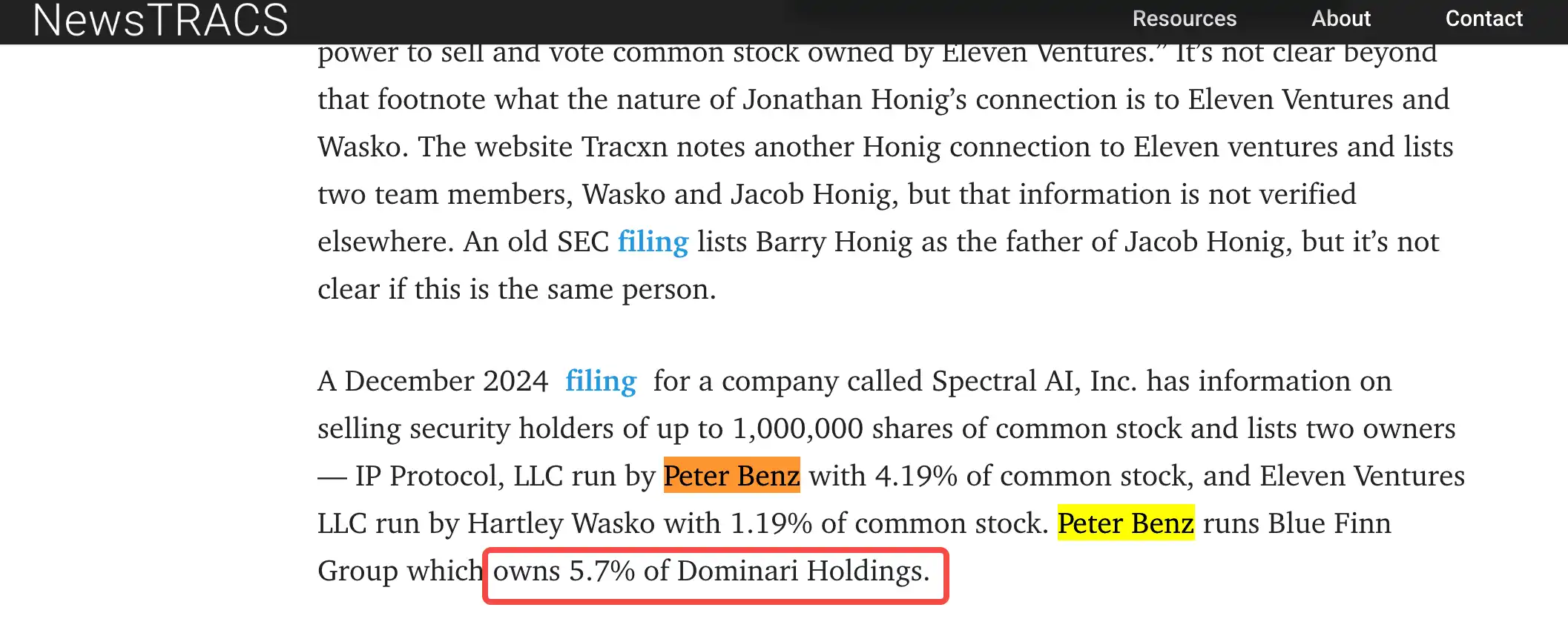
Although Benz himself was never accused of any wrongdoing, such ambiguous associations illustrate the ecosystem Dominari inhabits: full of opportunity, but also operating on the regulatory edge.
Even more subtle is Kyle Wool's resume.
While at Morgan Stanley, his team handled business related to Devon Archer, who was Hunter Biden's former business partner. From serving the Democratic circle to now managing for the Trump family, Wool has witnessed and participated in both poles of America's power game.
But the real issue is not these relationships, but the company's financial logic.
According to Bloomberg, in the second quarter of 2025, Dominari's revenue was $34 million, up 452% year-on-year; but management expenses for the same period were $53.5 million. Of this, stock options for CEO Hayes and President Wool alone were worth $26.1 million.
In other words, every dollar the company earns is not enough to cover operating costs, let alone profit. Its biggest asset is a 3% stake in American Bitcoin, and this Bitcoin mining company has just been established—whether it can be profitable is still unknown.
But investors don't care.
What they are buying is not current profits, but a concept: the Trump family's agent in the crypto world. This may well be Dominari's real business model—converting political capital into market valuation.
The Designated Broker
Dominari's ambitions go far beyond its own investments. Its real value lies in acting as the "super-connector" between the Trump family and the crypto world. The Wall Street Journal once described it as the Trump family's "go-to dealmaker."
Three cases best illustrate this.
The first is the complex entanglement between World Liberty Financial (WLFI) and Justin Sun.
In September 2025, when WLFI tokens began trading, entities controlled by the Trump family held 22.5 billion tokens, which at the time increased their paper wealth by about $5 billion.
But the project almost failed. According to Bloomberg, WLFI's initial sale was dismal, with only a 7% completion rate, not even reaching the minimum threshold to trigger payment to Trump. At a critical moment, Justin Sun stepped in with a $30 million investment, pushing the project over the threshold.
Subsequently, Justin Sun's investment increased to $75 million, making him the project's largest investor.
On the other side, more importantly, Dominari Securities also facilitated Tron's reverse merger listing on Nasdaq. On June 16, 2025, SRM Entertainment announced an agreement with Tron; on July 24, the renamed Tron Inc. rang the bell on Nasdaq, officially completing its listing. In this deal, Justin Sun's Tron acquired a toy manufacturer supplying Disney and Universal Studios.
Dominari served both the Trump family and Justin Sun, becoming a bridge connecting the interests of both sides. When Justin Sun needed access to US capital markets, Dominari provided it; when the Trump family's project needed a lifeline, Justin Sun appeared.
The second case is Dominari directly orchestrating the recent marriage between Nasdaq-listed company Safety Shot and BONK.
On August 11, 2025, Nasdaq-listed Safety Shot announced it would exchange $35 million in equity for $25 million worth of BONK tokens. The exclusive financial advisor for this deal was Dominari Securities.
Dominari led the entire transaction structure: Safety Shot received a 10% revenue share from the BONK.fun platform, changed its stock ticker to BNKK, and the BONK team received 50% of the board seats.
Dominari Holdings President Kyle Wool later publicly praised the advisory board, especially Eric Trump, for helping facilitate the cooperation. This statement essentially acknowledged the Trump family's key role in these deals.
The third is the aforementioned Trump family's layout in data centers and Bitcoin mining.
In the establishment of American Bitcoin, Eric Trump holds about 7.5% of the shares, making him the largest individual investor. Dominari Holdings holds about 3% of American Bitcoin shares. Both Trump sons also serve as advisors to Dominari, each holding about 6-7% of the company.
Behind every major deal, Dominari is present. Sometimes as the financial advisor in the spotlight, sometimes as the coordinator behind the scenes, and always as the operator, designer, and executor of the Trump family's crypto empire.
The New Order of Trump Tower
According to Dominari's official website, the company's headquarters is located on the 22nd floor of Trump Tower. Wool's office overlooks Central Park. Their current monthly rent is $62,242.
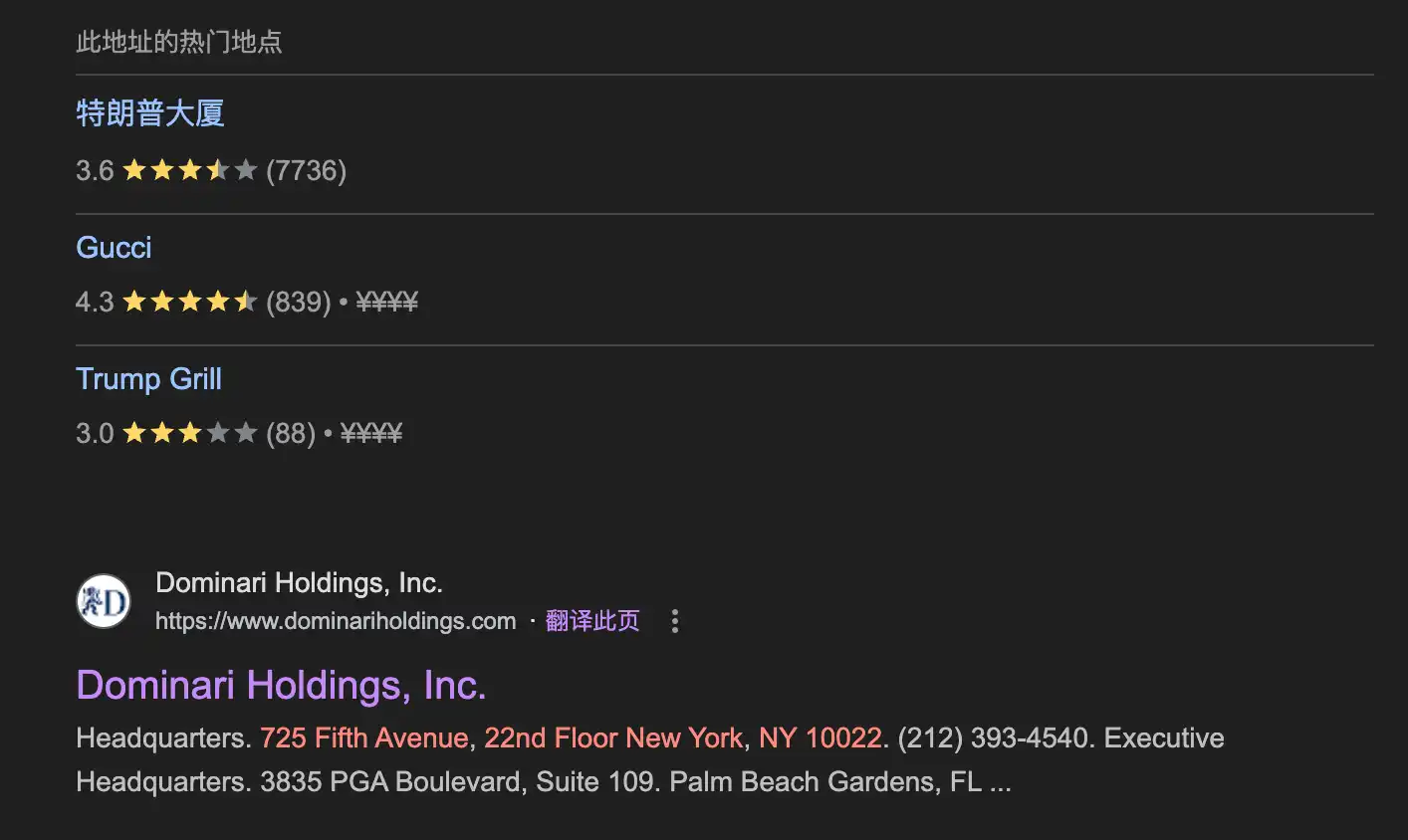
Upstairs in this building, Trump's sons hold political resources and the family brand; downstairs, Dominari provides Wall Street expertise and execution; and deals are being brewed and struck in the elevator rides between floors.
Every successful deal may be reinforcing this symbiotic relationship.
While traditional investment banks are still seeking projects through formal channels, Dominari has already found a more direct path: living below power, letting the elevator of wealth go straight to their office.
On August 14, when Kyle Wool rang the opening bell at Nasdaq, he said:
"This has been a thrilling journey. In the words of our President Trump, the best is yet to come."
This statement may be true. As Trump rolls out more crypto-friendly policies and more traditional companies seek to enter Web3, Dominari's brokerage business will only become more prosperous.
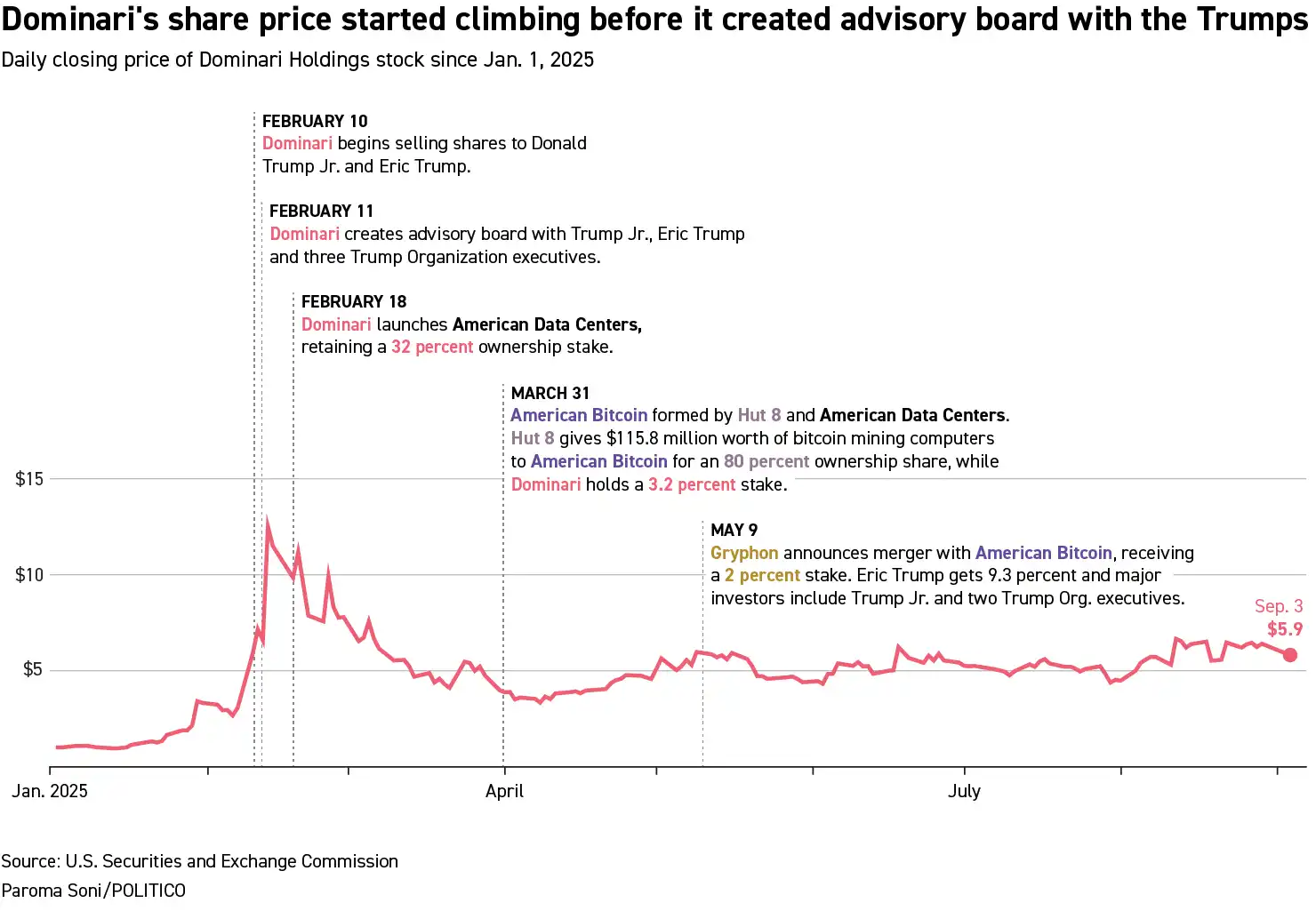
Paying several times the market rate to move into Trump Tower now seems to be the shrewdest investment in Wool and Hayes' careers.
The expensive annual rent bought not just a ticket into the Trump family business circle, but also physical proximity, social integration, and business binding.
From a pharmaceutical company on the verge of bankruptcy to an investment company with a market value close to 100 millions; from an obscure tenant to the Trump family's crypto broker, Dominari's transformation is, in some ways, a microcosm of Trump-era American capitalism.
In this era, the line between politics and business is more blurred than ever. This company is like an invisible conductor, turning political capital into business opportunities and monetizing power relationships into real money.
In Trump-era America, the best business is not doing business itself, but being the connector for all businesses.
Disclaimer: The content of this article solely reflects the author's opinion and does not represent the platform in any capacity. This article is not intended to serve as a reference for making investment decisions.
You may also like
KAS Price Jumps 66%: Can Momentum Push Kaspa Toward December’s Bigger Targets?
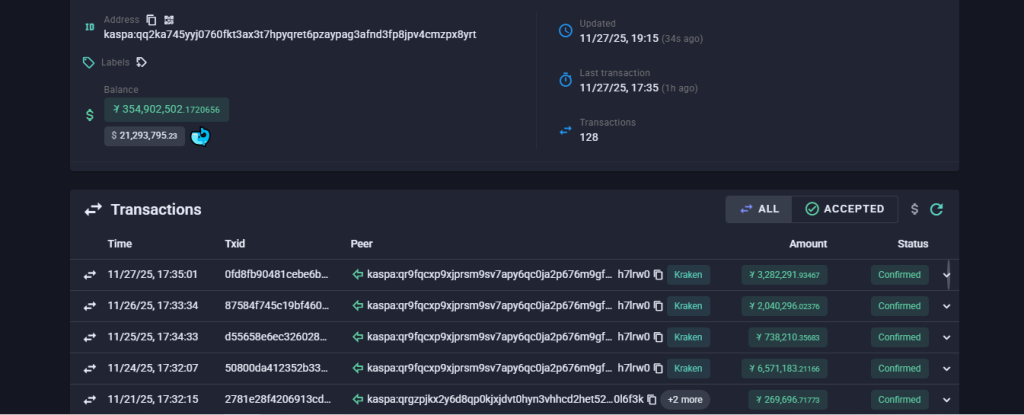
VIRTUAL Price Jumps 17% as Falling Wedge Breakout Signals December Upside
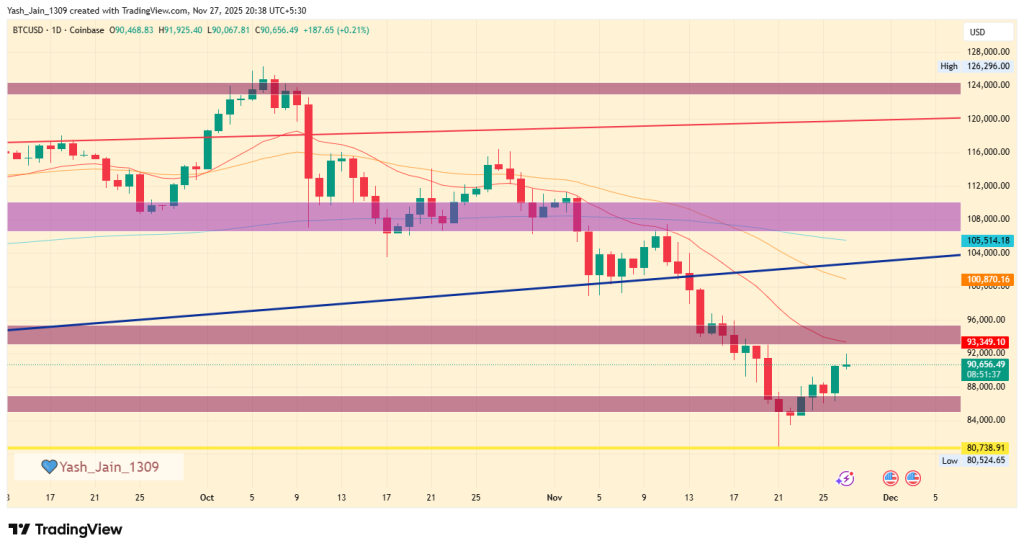
Pi Network News: Can the CiDi Games Partnership Push Pi Beyond $1?
Charles Hoskinson Reveals When Altcoins Like ADA, XRP and ETH Will Hit New All-Time Highs
